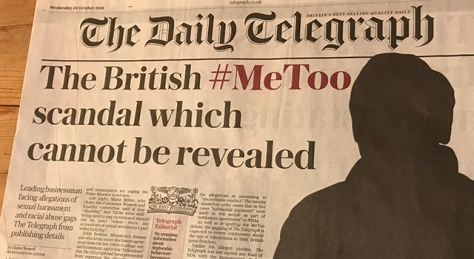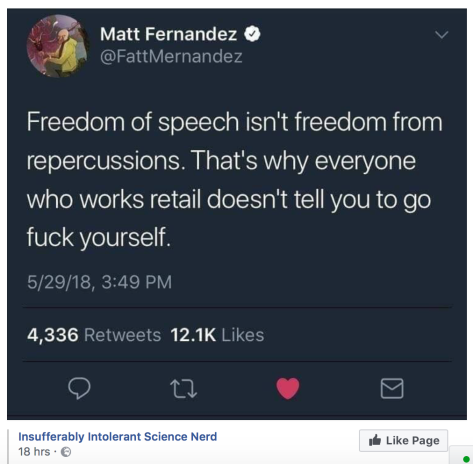The 24-hour shutdown of Gatwick Airport, caused by a drone, became a media law story when a man and woman were wrongly arrested for causing the havoc – and their names were widely published. The Mail on Sunday splash headline read: “Are these the morons who ruined Christmas?”
One commentator quoted by Press Gazette said their case had echoes of the coverage of the arrest of Sir Cliff Richard, for which he was awarded £210,000 damages against the BBC. He was never charged. The case reshaped the landscape regarding privacy and media freedom.
In a Guardian blog, Professor Roy Greenslade said the affair was reminiscent of the case of Christopher Jefferies, the innocent man who suffered character assassination in the media after being briefly detained in connection with a Bristol murder. But he also noted the public interest in disclosure.
The same Press Gazette report quoted Gill Phillips, the Guardian’s director of editorial legal services, warning that privacy claims were now taking the place of defamation cases – with smaller but still punitive costs involved. Privacy cases offered no defence of truth, and ambiguity over the potential defence of public interest.
Read more:
Couple wrongly arrested over Gatwick drone chaos could have ‘strong’ privacy claim against newspapers in wake of Sir Cliff ruling
Couple in drone incident hit out at media coverage of arrest but press point to police farce
MPs repeat call for ‘Cliff’s Law’ to stop suspects being named before charge after Gatwick drone front pages
The press ruins Christmas for former drone suspects – Roy Greenslade




